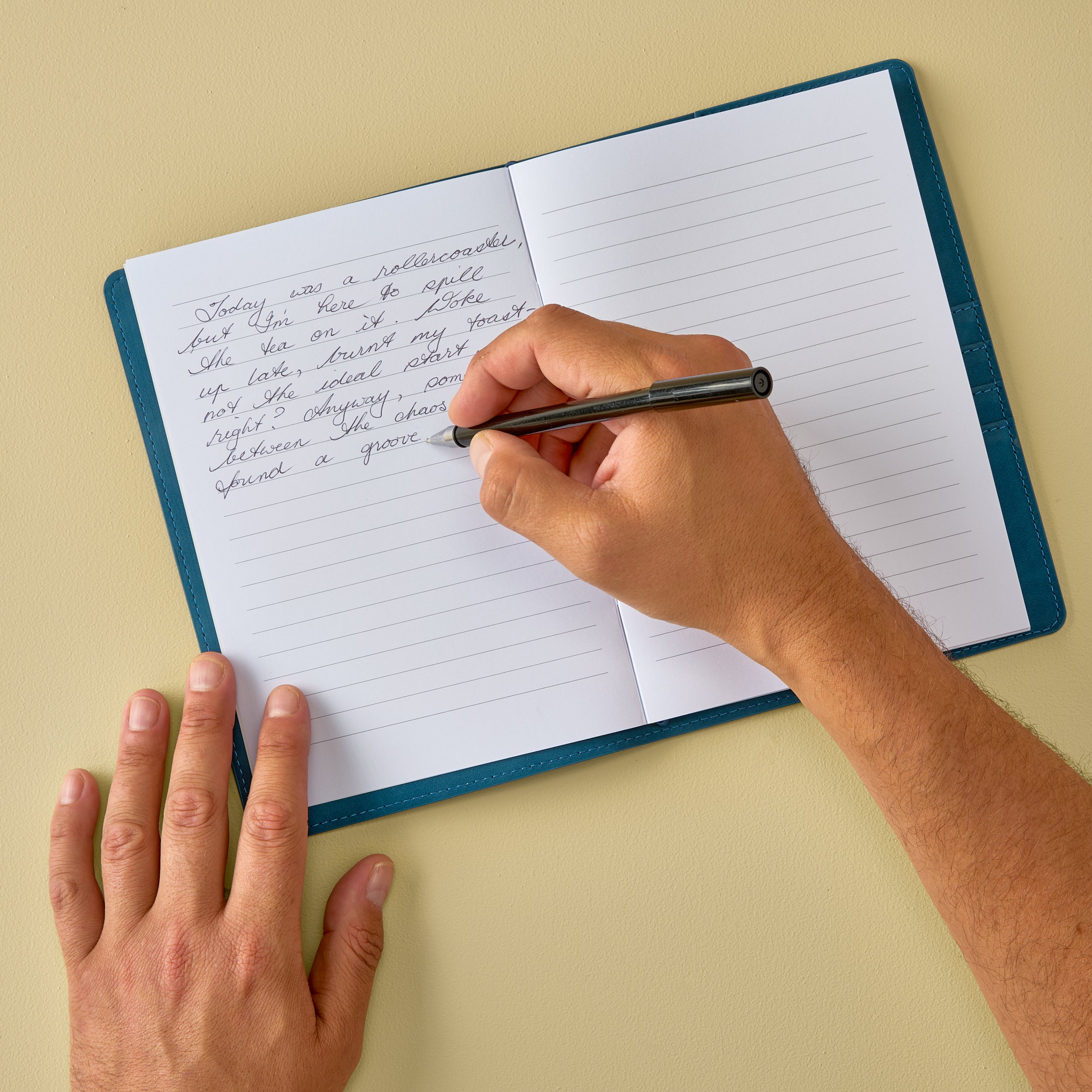Life can be overwhelming at times, and it's easy to get caught up in the chaos of daily routines and responsibilities. But what if there was a simple and effective way to improve your mental well-being? Enter journaling – a powerful tool that can help you navigate through life's ups and downs. In this blog post, we'll explore how journaling can boost your mental well-being and provide you with a sense of clarity and peace.
What is journaling?
Journaling is the act of writing down your thoughts, feelings, and experiences in a journal or notebook. It's a personal and private practice that allows you to reflect on your emotions and gain a deeper understanding of yourself. Whether you prefer to write in the morning or before bed, journaling can be done at any time that suits you.
How does journaling help with mental well-being?
Journaling has numerous benefits for your mental well-being. Here are just a few ways it can positively impact your life:
1. Emotional release
Writing down your thoughts and feelings can be incredibly cathartic. It provides a safe space for you to express yourself without judgment. By releasing your emotions onto the page, you can let go of negativity and create space for positivity.
2. Stress reduction
Journaling can be a great stress management tool. When you write about your worries and concerns, you're able to gain perspective and find solutions to problems. It helps you process your emotions and reduces the burden on your mind.
3. Self-reflection and self-discovery
Through journaling, you can gain a deeper understanding of yourself. By regularly reflecting on your experiences, you can identify patterns, triggers, and areas for personal growth. It's a journey of self-discovery that can lead to increased self-awareness and self-acceptance.
4. Gratitude and positivity
Keeping a gratitude journal is a popular form of journaling. By writing down things you're grateful for each day, you shift your focus towards the positive aspects of your life. This practice can cultivate a sense of gratitude and increase your overall happiness.
5. Problem-solving
When faced with a problem or a difficult decision, journaling can help you find clarity. By writing down your thoughts and exploring different perspectives, you can gain insights and come up with creative solutions. It's like having a conversation with yourself on paper.
Getting started with journaling
If you're new to journaling, here are a few tips to help you get started:
1. Set aside dedicated time
Find a time in your day when you can devote your full attention to journaling. It could be in the morning, during your lunch break, or before bed. Consistency is key, so try to make it a daily habit.
2. Create a comfortable space
Find a quiet and comfortable space where you can write without distractions. It could be a cozy corner in your home or a favorite café. Make sure you have all the supplies you need, such as a journal and pen.
3. Write freely and without judgment
When journaling, remember that there are no right or wrong answers. Write freely and let your thoughts flow without judgment. This is your personal space to express yourself honestly.
4. Experiment with different journaling techniques
There are various journaling techniques you can try, such as stream-of-consciousness writing, gratitude journaling, or bullet journaling. Explore different styles and find what works best for you.
Journaling is a powerful tool that can have a profound impact on your mental well-being. By dedicating a few minutes each day to reflect and write, you can gain clarity, reduce stress, and cultivate a positive mindset. So grab a pen and a journal, and start your journey towards improved mental well-being today!




Share: